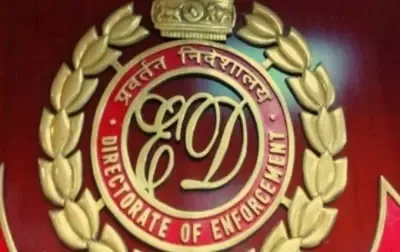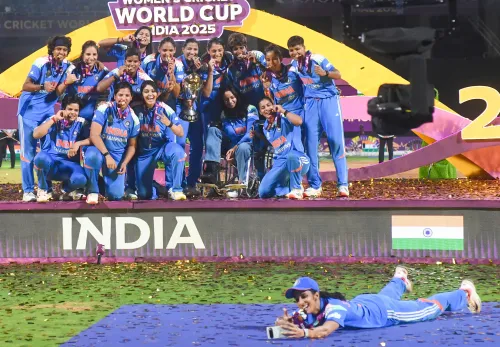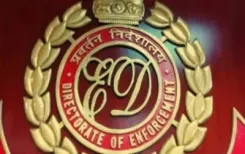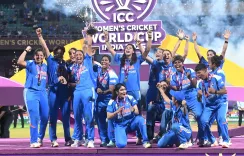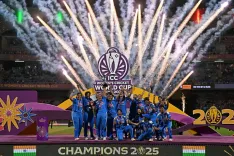Did the SC Move to Transfer the PIL Challenging VC Appointment Laws?
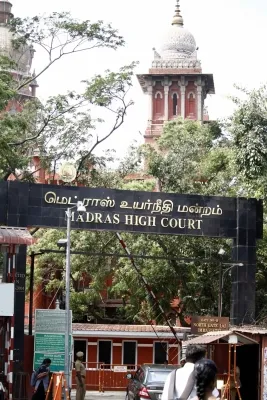
Synopsis
Key Takeaways
- The Tamil Nadu government has filed a transfer petition to move a PIL to the Supreme Court.
- The PIL challenges laws limiting the Governor's power in appointing Vice-Chancellors.
- Political motivations are alleged behind the PIL.
- The case highlights ongoing legal debates in academic governance.
- The situation underscores the intersection of politics and education.
Chennai, May 21 (NationPress) The Tamil Nadu government announced on Wednesday that it has submitted a transfer petition to the Supreme Court, requesting that a public interest litigation (PIL) questioning the legality of state laws limiting the Governor's authority to appoint Vice-Chancellors be moved from the Madras High Court to the apex court.
During proceedings before a special summer vacation bench, which included Justices G.R. Swaminathan and V. Lakshminarayanan, senior counsel P. Wilson, representing the state’s Higher Education Department, explained that the transfer plea was made due to related cases already under consideration by the Supreme Court.
Additionally, Higher Education Secretary C. Samayamoorthy presented a memo to the High Court, asserting that the PIL was driven by political motivations.
The petition was filed by Kutty, also known as K. Venkatachalapathy, who is reported to be affiliated with the Bharatiya Janata Party (BJP) from Tirunelveli district.
While the petitioner raised 56 objections against the state legislation, his main argument was that the laws conflicted with Regulation 7.3 of the University Grants Commission (UGC) Regulations, 2018, which outlines the minimum qualifications and appointment procedures for academic staff, including Vice-Chancellors. However, the state countered that the validity of Regulation 7.3 is itself being contested in cases currently before the Supreme Court. Therefore, the government argued that it would be wise to transfer the current PIL and associate it with those ongoing in the apex court.
The Bench was also made aware that a mention regarding the transfer plea was brought up before a Bench led by Chief Justice of India B.R. Gavai on May 19.
Reportedly, the CJI instructed the state’s counsel to notify the Madras High Court regarding the petition. Furthermore, the Higher Education Secretary claimed there was no pressing urgency necessitating the High Court to address the issue during the summer vacation. He urged the division bench to delay the hearing until the Supreme Court resolves the transfer petition, emphasizing the need for ample time to prepare a comprehensive response to the 56 points raised in the PIL.


